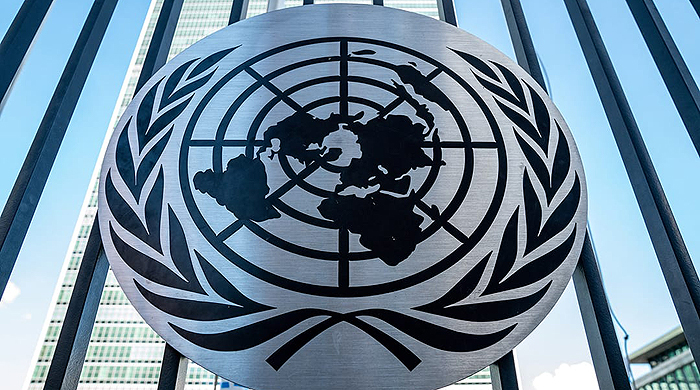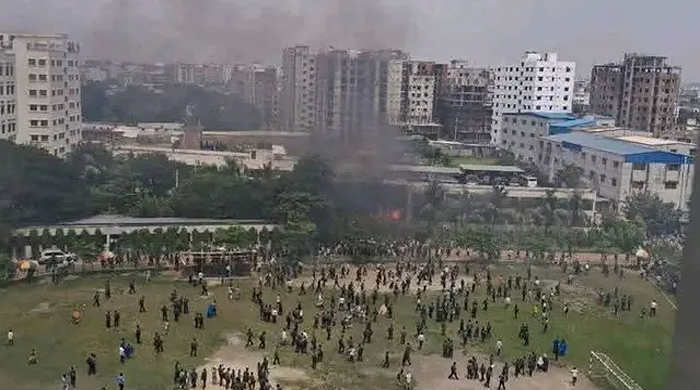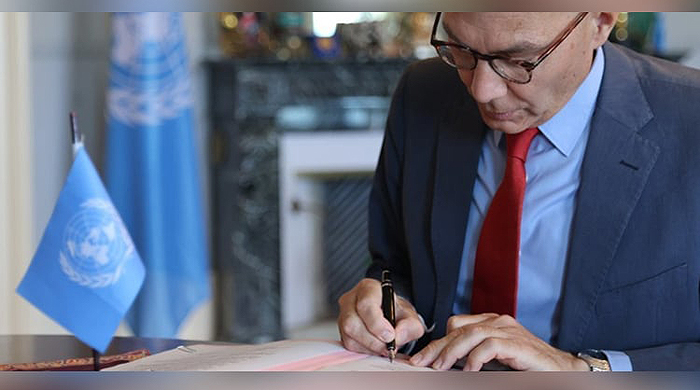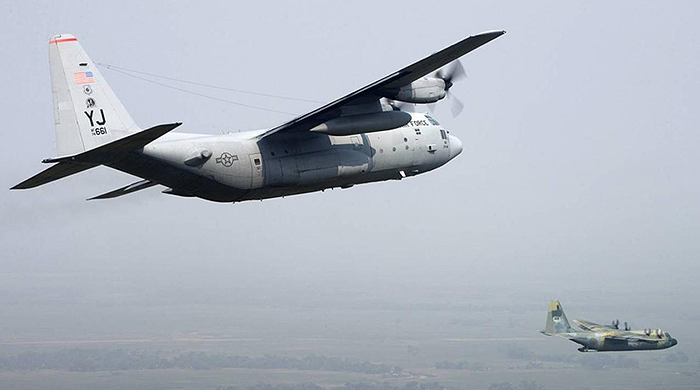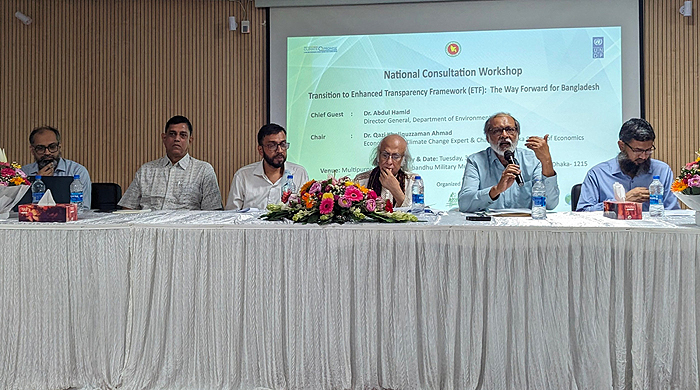GENEVA, July 18, 2025 (Khondaker Abdul Motin, Editor/AFP) — More than 11 million refugees around the world are at serious risk of losing essential humanitarian aid due to major funding cuts, the United Nations warned on Friday.
This number represents about one-third of the people the UN refugee agency, UNHCR, was able to support last year.
In a new report, UNHCR highlighted a dangerous combination of problems facing refugees and displaced people: growing numbers of people forced to flee, shrinking financial support, and a lack of political attention.
“We are facing a deadly cocktail,” said Dominique Hyde, UNHCR’s head of external relations, during a press conference in Geneva. “We’re deeply worried about refugees and displaced communities worldwide.”
Major funding cuts from countries like the United States have left UNHCR and other aid organizations short on money. The agency says it needs $10.6 billion to help refugees this year but has only received 23% of that total so far.
Because of this shortfall, about $1.4 billion worth of important programs have already been reduced or put on hold.
Hyde warned that without more support, “up to 11.6 million refugees and people forced to flee may lose access to the assistance UNHCR provides.”
As a result, many families are facing heartbreaking decisions—whether to feed their children, buy medicine, or pay for shelter.
Malnutrition is especially severe among refugees escaping the ongoing war in Sudan. In Chad, children are suffering as food supplies and nutrition screenings have been reduced.
The funding gap has also forced UNHCR to pause moving newly arrived refugees from dangerous border areas to safer places in Chad and South Sudan. Thousands are now stranded in remote regions.
Globally, health and education services are being scaled back too.
In Bangladesh, where nearly one million Rohingya refugees live, education for around 230,000 children could be stopped.
Meanwhile, in Lebanon, the agency warned its entire health program may shut down by the end of the year if funding doesn’t improve.
And it's not just aid services that are affected. UNHCR recently announced it would have to cut about 3,500 staff—nearly one-third of its global workforce—because of the funding crisis.

